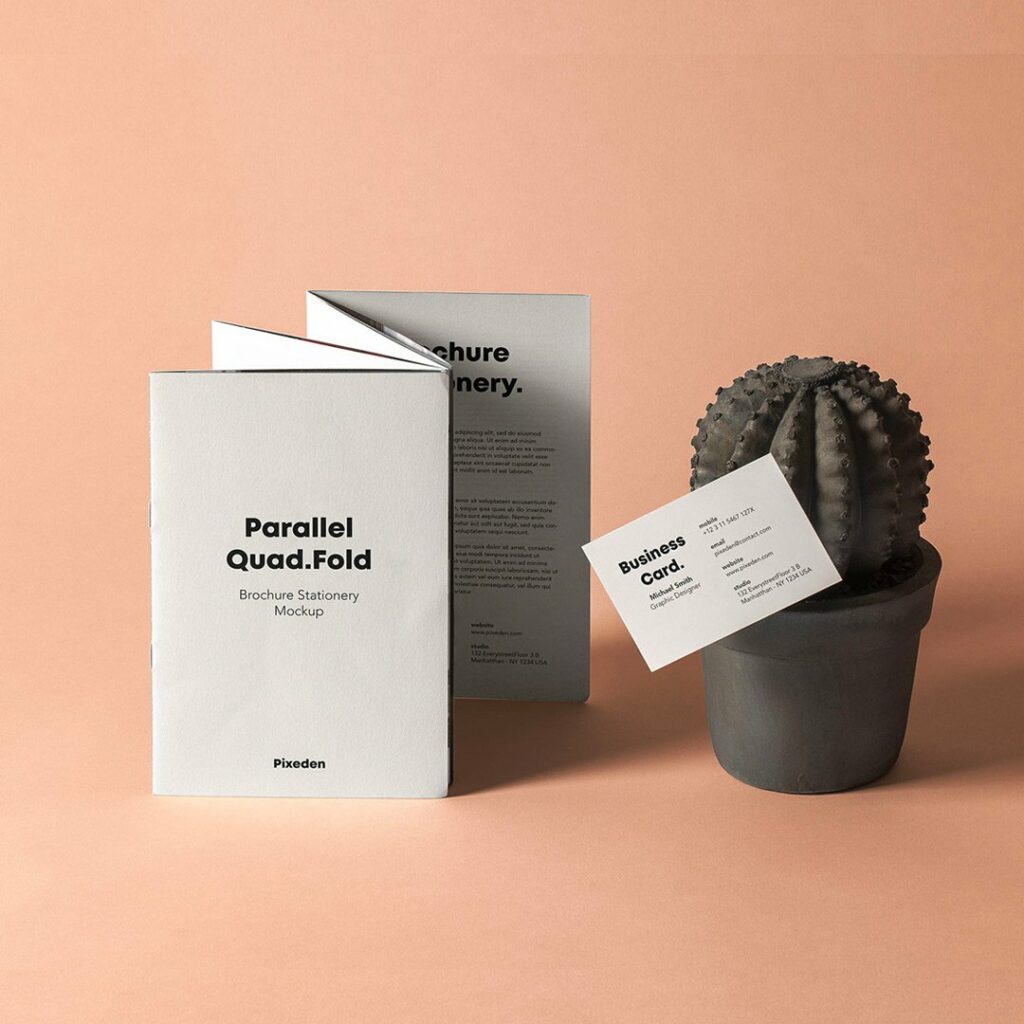Luxury fashion brands have their way to growth and success, a few names stand out for their undeniable allure and prestige. At the pinnacle of this industry are three French brands: Louis Vuitton, Hermès, and Chanel. According to a ranking by the British consulting company Kantar, these brands have cemented their positions as the most expensive fashion brands in the world. This article delves into the factors that have propelled these giants to the top and examines their market strategies, growth trajectories, and the future of luxury fashion.
The Giants of Luxury Fashion

Luxury fashion is more than just clothing and accessories; it represents a lifestyle of elegance and exclusivity. Louis Vuitton, Hermès, and Chanel are synonymous with this lifestyle. Each brand has crafted a unique identity and reputation that commands admiration and respect globally.
Louis Vuitton: The Unrivaled Leader
Louis Vuitton, the crown jewel of the LVMH conglomerate, has held its position as the leader in the luxury fashion segment for 19 consecutive years. Founded in 1854, Louis Vuitton’s journey from a trunk-maker to a global fashion powerhouse is a testament to its visionary leadership and innovative spirit. Despite a modest 4% growth in brand value this year, reaching £130 billion, it remains unmatched in the luxury segment.
Strategies for Maintaining Brand Dominance
Louis Vuitton’s success is anchored in its commitment to quality, craftsmanship, and exclusivity. The brand continuously reinvents its classic designs while introducing new collections that resonate with contemporary tastes. Collaborations with artists and designers like Virgil Abloh and Yayoi Kusama have infused the brand with fresh perspectives and broadened its appeal.
Hermès: The Fastest Growing Luxury Brand
Hermès, renowned for its exquisite craftsmanship and timeless designs, has demonstrated remarkable growth in recent years. The brand’s value surged by an impressive 23%, amounting to £93.7 billion, highlighting its ability to captivate discerning consumers.
Key Products Contributing to Success
The iconic Birkin and Kelly bags are at the heart of Hermès’ success. These meticulously crafted pieces are not just fashion items; they are status symbols. Limited availability and a strong resale market have further elevated their desirability. Hermès’ dedication to quality and tradition ensures that its products are not just luxury items but heirlooms.
Chanel: Timeless Elegance and Innovation
Chanel, a name synonymous with elegance and innovation, continues to captivate the fashion world with its unique blend of tradition and modernity. Established by the legendary Coco Chanel, the brand has a rich history of challenging norms and setting trends.
Chanel’s Approach to Innovation
Chanel has consistently pushed the boundaries of fashion, from introducing the iconic Chanel No. 5 fragrance to revolutionizing women’s fashion with the Chanel suit. The brand’s ability to blend classic designs with contemporary elements keeps it relevant and coveted.
Comparing Brand Values
When comparing the brand values of these luxury giants, it is clear that each brand has carved a distinct niche. Louis Vuitton leads with a value of £130 billion, followed by Hermès at £93.7 billion. Chanel, with its enduring appeal, also holds a significant position in the market.
Market Challenges and Opportunities
Despite their success, these brands face challenges in an ever-evolving market. Economic fluctuations, changing consumer preferences, and the rise of digital platforms present hurdles. However, these challenges also offer opportunities for innovation and growth.
The Role of Intangible Assets
Intangible assets such as brand reputation, customer loyalty, and heritage play a pivotal role in the success of luxury brands. Louis Vuitton, Hermès, and Chanel have cultivated a strong brand image that resonates with consumers worldwide, enhancing their overall value.
Consumer Perception and Influence
Consumer perception is a powerful driver of brand success. The influence of social media and celebrity endorsements has amplified the reach and impact of luxury brands. By aligning with cultural trends and engaging with younger audiences, these brands continue to shape consumer perceptions.
Sustainability in Luxury Fashion
Sustainability has become a focal point in the luxury fashion industry. Consumers increasingly demand ethical and environmentally responsible practices. Louis Vuitton, Hermès, and Chanel are embracing sustainability by incorporating eco-friendly materials and transparent supply chains.
Technological Innovation in Fashion
Technology is transforming the luxury fashion landscape. From virtual fashion shows to augmented reality experiences, brands are leveraging technology to enhance customer engagement. Louis Vuitton’s innovative use of digital platforms and Chanel‘s immersive virtual experiences exemplify this trend.
The Global Reach of French Luxury Brands
French luxury brands enjoy a global presence and appeal. Strategic expansions into emerging markets and collaborations with international influencers have bolstered their reach. These brands continue to capture the hearts of consumers across continents.
The Future of Luxury Fashion
As the luxury fashion industry evolves, the future holds exciting possibilities. Predicted trends include a greater focus on personalization, sustainability, and digital innovation. Louis Vuitton, Hermès, and Chanel are well-positioned to lead this evolution with their commitment to excellence and adaptability.
Conclusion
Louis Vuitton, Hermès, and Chanel reign supreme as symbols of opulence and sophistication. Their ability to blend tradition with innovation, coupled with a commitment to quality and sustainability, ensures their continued success in a dynamic market. As these brands chart their course into the future, they remain beacons of luxury, inspiring admiration and desire worldwide.
FAQs
1. Why are Louis Vuitton, Hermès, and Chanel so expensive?
These brands are expensive due to their commitment to quality, exclusivity, and craftsmanship. They use the finest materials and employ skilled artisans to create timeless pieces.
2. What contributes to the brand value of luxury fashion houses?
Brand value is influenced by factors such as reputation, customer loyalty, heritage, and market performance. These brands have built a strong identity that resonates with consumers globally.
3. How do these brands maintain their market dominance?
These brands maintain dominance through innovation, strategic collaborations, and a focus on customer experience. They continuously adapt to changing trends while preserving their core values.
4. What role does sustainability play in luxury fashion?
Sustainability is increasingly important in luxury fashion. Brands are adopting eco-friendly practices and transparent supply chains to meet consumer demands for ethical products.
5. How do these brands leverage technology for growth?
Luxury brands leverage technology through digital marketing, virtual fashion shows, and personalized customer experiences. These innovations enhance brand engagement and drive growth.






